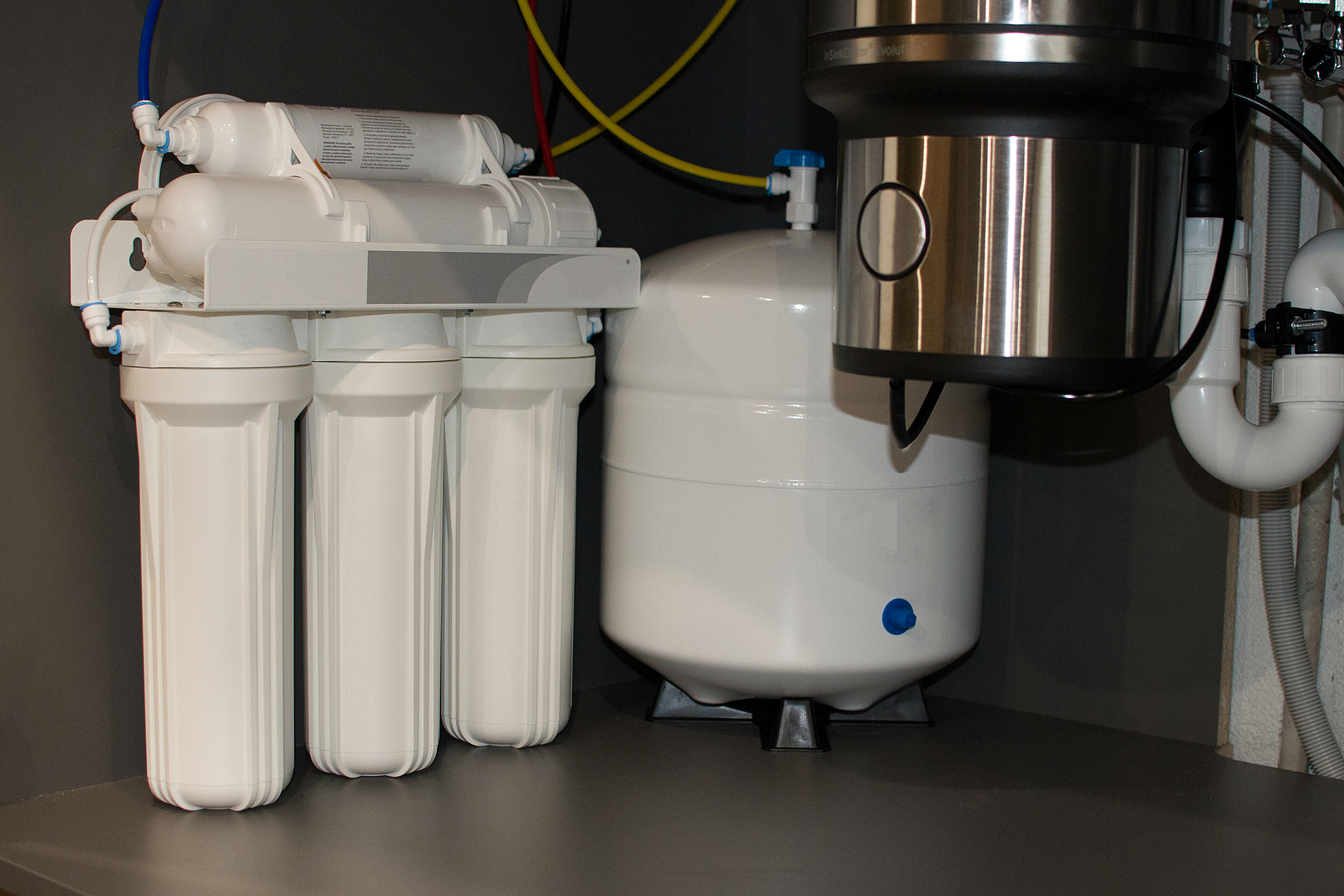
Water Softener Setup, RO, and Water Treatment
Installing a Water Softener is a crucial process for homes dealing with water hardness. Hard water, marked by elevated mineral levels, mainly calcium ions and magnesium ions, can result in various issues, such as scale buildup in plumbing and devices, lowering their efficiency and lifetime. Setting up a water softener can efficiently handle this issue. These systems work by exchanging the calcium and magnesium ions in the water with sodium ions, thereby softening the water. While the process of installation, which includes attaching the water softener to your home's water supply line, might appear straightforward, it is advised to employ a pro to make sure safe installation and accuracy.
On the other hand, RO and Water Treatment are essential to purifying water and making it safe for consumption for drinking. RO is a process that filters water by pushing it through a semi-permeable membrane under high pressure, efficiently removing up to 99% of unwanted elements, including salts, bacteria in water, and pyrogens. Water treatment, a broader term, covers various methods like disinfecting, filtration, and distillation, each with its own advantages. The choice of method relies on the particular needs of of the water source and its purpose, highlighting the importance of regularly water testing of water quality.
Introduction
In today's world, the relevance of clean, safe, and soft water can not be overstated. This article will discuss three crucial aspects of water filtration: Water Softener Setup, Reverse Osmosis, and Water Treatment.
Water Softening Setup
Water softeners are vital for households with hardened water. Hardened water contains high amounts of mineral content like calcium and magnesium, which can lead to scaling in pipes and devices, reducing their efficiency and life span.
Installing a water softener is a practical solution to this issue. A water softener works by replacing the calcium and magnesium ions in hardened water with sodium ions, effectively softening the water. The setup procedure entails linking the water softener to your home's water supply line. It's suggested to engage a professional for the setup to make sure it's carried out right and safely.
RO
Reverse Osmosis is one more popular technique for purifying water. It operates by pushing water via a semi-permeable membrane under high pressure. This method removes up to 99% of dissolved salts, particles, organics, bacteria in water, and pyrogens from the water, making it safe to drink for consumption.
RO systems are commonly utilized in both of home and business situations. They are relatively simple to establish and keep, providing a trustworthy source of supply of purified water.
Water Purification
Water purification is a broad phrase that encompasses several methods used to render water safer to use for human consumption. Apart from water softening up and RO, other typical water treatment methodologies include disinfection (using chlorine or UV light), filtration, and distillation.
Every method has its pros and is employed based on the particular requirements of the water source of water and its intended usage. Regular testing of of water quality is vital to ascertain the most effective treatment method.
Conclusion
In conclusion, water softening setup, RO, and water purification are all essential facets of ensuring accessibility to clean, safe to use, water. By grasping these processes, we can take educated decisions about our water use and purification, contributing to healthier life and a healthier world.
Comments
Post a Comment